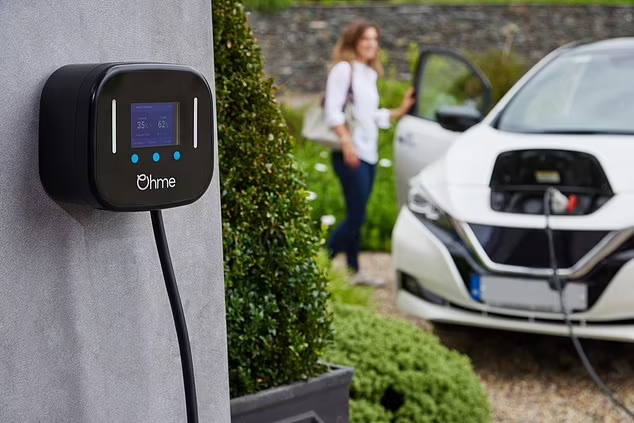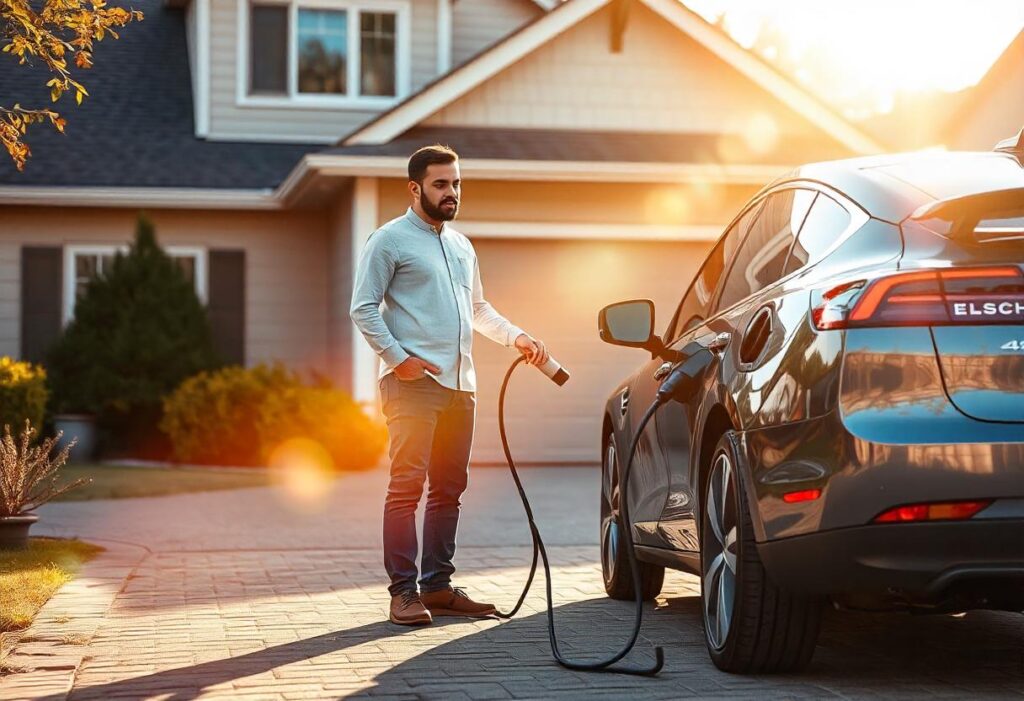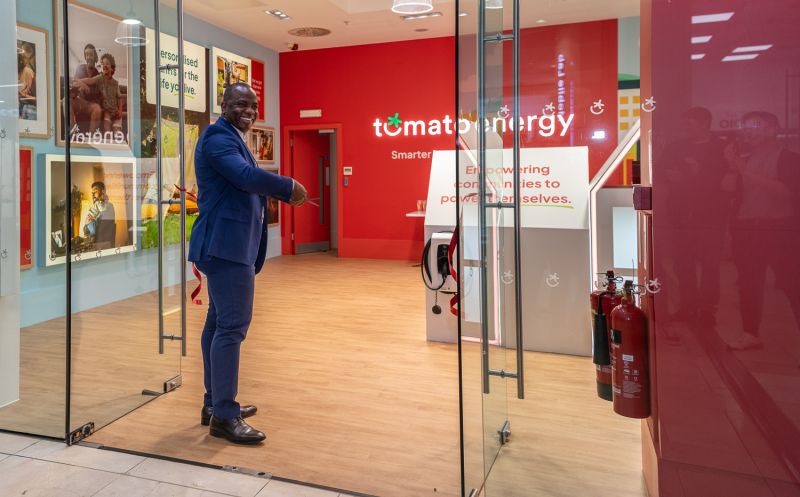
The shift to electric vehicles has transformed the way UK households think about energy. Instead of simply powering lights and appliances, more people are now using their homes to fuel their daily travel. Finding the best EV tariff is crucial, because charging at the wrong rate can make your electricity bill far higher than necessary. By contrast, the right plan can reduce your annual running costs by hundreds of pounds.
As of 2025, most major suppliers offer specialist electric vehicle tariffs. These include Octopus Energy, OVO, EDF, E.ON, British Gas, and Scottish Power. Each one provides its own twist on low overnight rates, fixed tariffs, or flexible charging deals. With energy prices under constant scrutiny in tariff news, making the correct choice has never been more important.
What is a tariff
In simple terms, a tariff is the rate you are charged for consuming electricity, gas, or even services like broadband. The best EV tariff is designed to provide cheaper electricity specifically for charging your car, usually during the night when demand is low. Unlike a standard tariff, which applies a flat rate, EV tariffs take advantage of quiet hours on the national grid.
The meaning of tariff goes far beyond electricity. In education, UCAS tariff points and the UCAS tariff calculator are tools for universities to measure student qualifications. In politics, tariffs can refer to trade policies such as Trump tariff news, which dominated headlines in recent years. In the UK, there are also social tariff broadband schemes that ensure affordability for low-income families. All these examples highlight how tariffs shape the way people pay for essential goods and services.
Why choosing the best EV tariff matters in 2025
For electric vehicle owners, charging costs can vary dramatically depending on the tariff you select. Using a standard electricity rate might mean paying over 25p per kWh, while the best EV tariff could reduce that cost to as little as 7p. Over the course of a year, particularly for high-mileage drivers, this difference is worth hundreds of pounds.
Energy price volatility has made tariff news a regular feature in UK headlines. Consumers are advised to take advantage of any deals that can offer predictability and value. In 2025, choosing the right EV tariff is not just about saving money but also about reducing reliance on public chargers, which remain more expensive than home charging.
Best EV tariff options in the UK 2025

Octopus Energy is often the first name mentioned when discussing the best EV tariff. Their Octopus Go tariff offers a low overnight rate for a set period, ideal for those who can plug in after midnight. Intelligent Octopus Go goes further, using smart technology to charge your car automatically at the cheapest available times. For those who want security, Octopus fixed tariff options provide stability against sudden price rises.
OVO Energy has gained attention with its OVO Charge Anytime plan. This is a flat 7p per kWh tariff that applies no matter when you charge. For households that cannot rely solely on overnight charging, this can be a game-changer. Meanwhile, British Gas EV tariff deals appeal to customers who already have their energy services with the supplier, with both fixed and flexible packages available.
EDF EV tariff plans, such as GoElectric, reward customers who can stick to overnight charging windows. E.ON Next Drive tariff also offers cheap electricity between midnight and 7 am, making it attractive to drivers who are home during those hours. Scottish Power EV tariff deals include Saver plans with low rates for night charging, providing further choice for drivers across the UK. Smaller providers like Good Energy offer eco-friendly tariffs, appealing to those focused on renewable power.
Factors to consider before choosing a tariff
Selecting the best EV tariff depends heavily on your personal circumstances. If you regularly arrive home in the evening and leave your car plugged in overnight, then a time-of-use tariff like Octopus Go or E.ON Next Drive is likely to deliver the greatest savings. However, if you rely on daytime charging due to your schedule, OVO Charge Anytime may be the more practical choice.
Another important factor is overall home energy usage. Some tariffs reduce costs for the entire household during off-peak times, not just the EV. This means that appliances like washing machines and dishwashers can also benefit from lower electricity prices. Most providers will require a smart meter to access these savings, and customers may need to be in credit mode for the tariff to apply correctly.
Comparing EV tariffs with standard energy tariffs
On a standard household tariff, charging a 60kWh battery could cost around £15, depending on the rate. With the best EV tariff, the same charge could be under £5 if you take advantage of off-peak times. Multiply this by dozens of charges per year, and the savings become undeniable.
It is worth noting that not all households will benefit equally from EV tariffs. If you rarely charge at home, or if your driving mileage is low, then sticking with a regular fixed or variable tariff might be sufficient. However, for those who drive frequently and rely on home charging, an EV-specific plan is usually the most economical option.
Other tariffs you might see in the news
The word tariff often creates confusion because it applies to so many different areas. In the education sector, UCAS tariff points and the UCAS tariff calculator are crucial for students applying to university. These systems have nothing to do with energy, yet they dominate searches for the word tariff every year.
Global tariff news often refers to trade disputes, such as Trump tariff news, which impacted economies around the world. Meanwhile, within the UK, the government and telecom providers have worked on social tariff broadband initiatives, designed to help low-income households stay connected. These examples highlight how tariffs play a role across education, trade, energy, and technology.
Conclusion: finding the best EV tariff for your needs
There is no single best EV tariff that works for everyone. The decision comes down to your charging habits, your household electricity usage, and whether you prioritise stability, flexibility, or eco-friendly options. For night chargers, Octopus Go or E.ON Next Drive might be ideal. For daytime flexibility, OVO Charge Anytime is an excellent choice. Green energy fans may prefer providers such as Good Energy.
By comparing the best EV tariff deals on offer in 2025, you can align your lifestyle with the right plan. This not only reduces your charging bills but also ensures that you are making the most of your electric vehicle. Switching today could save money, reduce reliance on fossil fuels, and make your EV ownership more rewarding.
FAQs – best EV tariff UK 2025
What is the cheapest EV tariff available in the UK right now?
Is it worth switching from a standard energy plan to a specialist EV tariff?
Do I need a smart meter to access the best EV tariff rates?
What is the difference between Octopus Go and Intelligent Octopus Go?
How much could I save annually by switching to the best EV tariff?
Can I use an EV tariff without owning an electric car?
Are green tariffs from suppliers like Good Energy more expensive?
How does the British Gas EV tariff compare with EDF and E.ON?
What does the term tariff mean in simple terms?
Are fixed tariffs more reliable than variable tariffs for electric vehicle charging?
You may also read: Latch – Definition, Types, and Uses in Doors & Electronics







